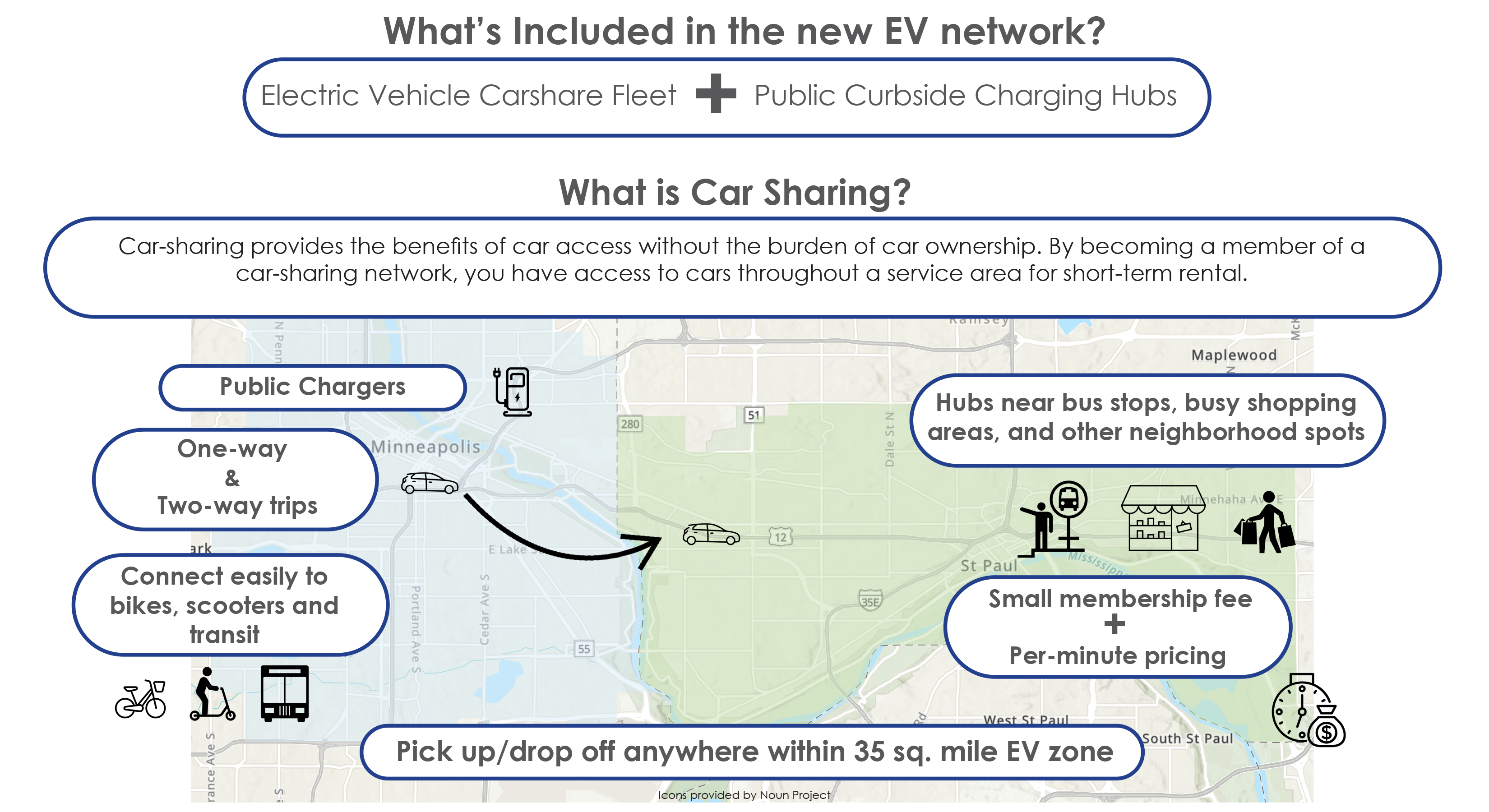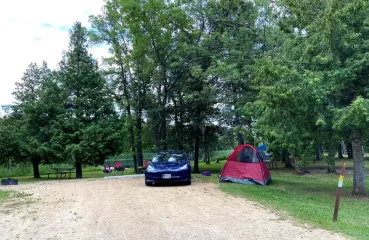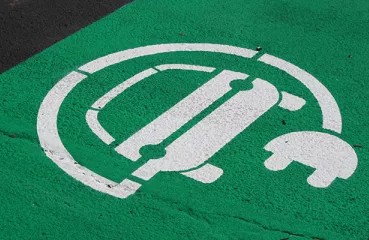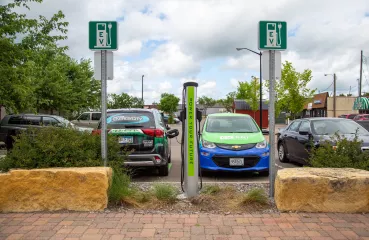The pandemic and subsequent lockdowns deeply impacted the EV Spot Network team’s approach to outreach. Some outreach strategies, like canvassing apartment buildings, became entirely impossible due to health guidelines, while other strategies had to be re-imagined. For example, meetings of the Core Partner Council were moved online, as were other community outreach meetings. The uprisings following the murder of George Floyd similarly placed strain on the outreach process; communities’ capacities were understandably stretched thinner and focused elsewhere. The timeline of the outreach was extended to respect and support the needs of partner organizations.
However, Crabtree emphasized, “The year of uncertainty didn’t change the underlying messages that were coming in through outreach. If anything, it highlighted that access to transportation was as important for Twin Cities communities as ever.” The team drafted a series of recommendations to help address the concerns raised by community members:
- Reduce costs and implement a low-income rate structure to increase affordability
- Expand engagement and awareness building efforts, including through the creation of videos that explain the car-sharing process in locally spoken languages
- Upgrade a website to streamline usage and registration processes
- Translate existing resources into multiple languages
- Incorporate ride sharing directly into the program, in order to further reduce cost and expand access to those who lack driver’s licenses or are otherwise unable to drive
Crabtree shared that they believe this engagement process has been fruitful, and that the proposed reforms are large steps in the right direction for bringing electric vehicle access to everyone. However, they also emphasized that outreach will be ongoing as the project progresses and expands from here. The Spot Network team intends to continue working to remove barriers for underserved communities.

Maps of general charging hub locations in Minneapolis (left) and Saint Paul (right). Credit: EV Spot Network.
Download the full report on HOURCAR’s community outreach process to dig into the details. You can also read more about their efforts in stories from Sahan Journal and the McKnight Foundation.










